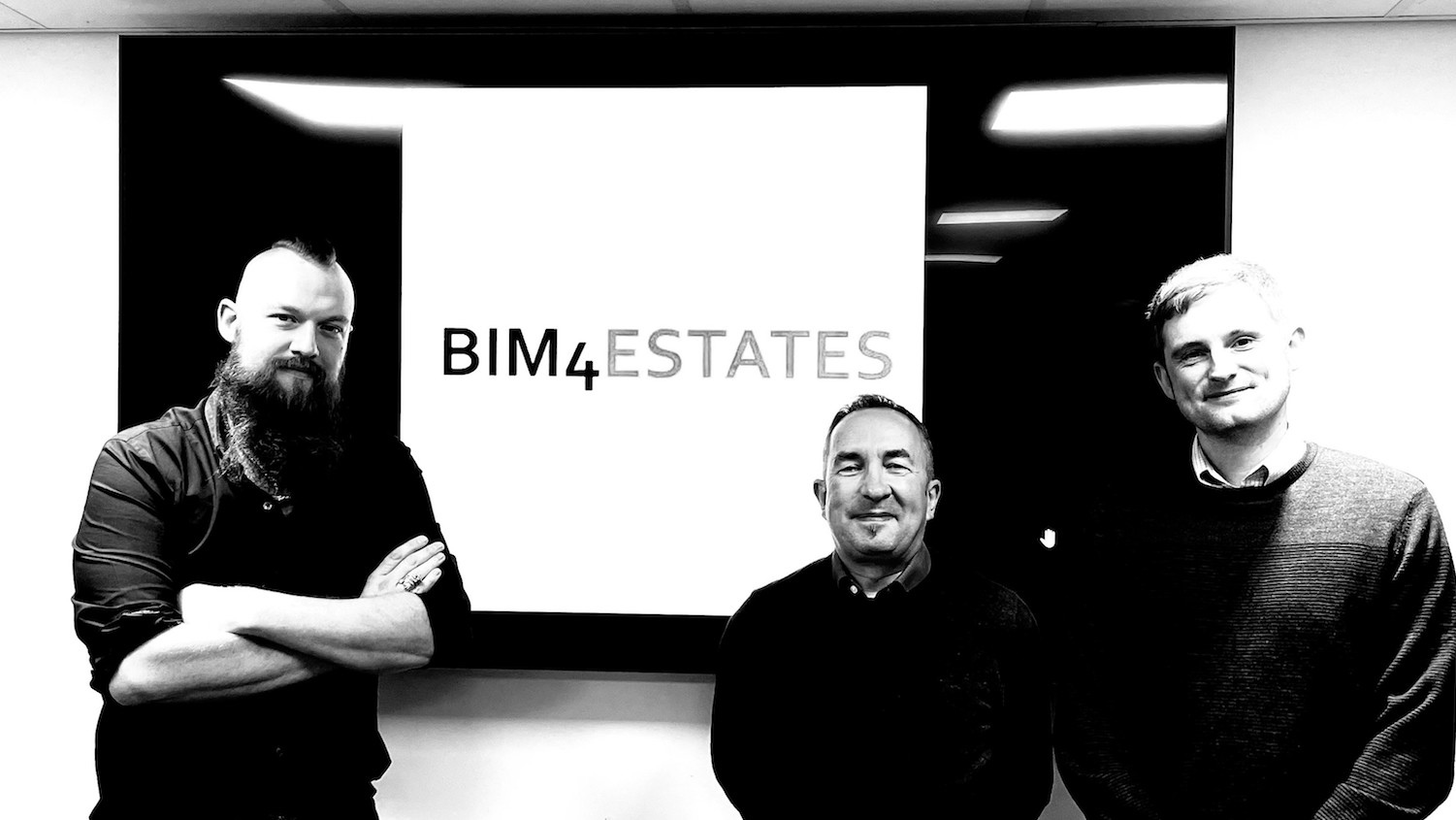
BIM4Estates wants to ensure all those in estates management who face challenges with BIM and information management are sharing their experiences via the group’s community. Here, Brett Plant, systems and digital information manager – estates at the University of Warwick, and one of three chairs of BIM4Estates, gives a call to action.
It will be a familiar story to most working in estates departments within higher education and healthcare. Those frequent discussions taking place about driving efficiencies within operational services while improving the performance of our buildings and spaces. The focus on enhancing the digital delivery of capital projects, ensuring the organisation is meeting industry standards.
With growing energy costs and financial uncertainty regularly an area of concern, there has arguably never been a more critical time for estates departments to focus on increasing their ability to provide improved operational services and strategic thinking.
Often the foundation for any changes will rely on the support of quality data and information. The result is an increase in roles and expertise within higher education and healthcare estates departments focusing on BIM/information management. These roles are seen as pivotal for driving changes via technological advancements, improving data quality and delivering a vision for a more streamlined and integrated estates ecosystem of applications.
The pace of change in this area of the industry, as with any area linked to technology developments, is rapid. This can often pose problems for those in BIM/information management posts, who are responsible for delivering within these sectors. Having to balance legacy issues around data, information and systems, all while making sensible steps in the right direction for a wide range of stakeholders, can be challenging to say the least.
Knowledge demands

“The pace at which the industry is changing can often pose problems for those appointed to BIM/information management posts in estates.”
For those in these posts, the breadth of knowledge required, or at least a simple understanding, can be varied. That breadth of knowledge may encompass BIM, asset management, document management, delivering digital twins. Or advising on estates systems such as computer-aided facility management/integrated workplace management systems, building management systems, common data environments and geographic information systems. Often, it is difficult to find expertise within the organisation itself to assist with these sector-specific topics.
This is where BIM4Estates comes in. We are set up to act as a peer group platform to support higher education and healthcare estates organisations. The aim is provide a peer-to-peer network to encourage the development of best practice in the fields of estates information management and BIM, leaning on the experience and knowledge of the group. As a community group of nima (formerly the UK BIM Alliance), we also aim to take group learning and challenges into wider discussion within the BIM/information management community.
The BIM4Estates community will reflect many of those common themes and challenges within information management. The group therefore gives those interested in these topics a platform to share their success stories and challenges. While nearly all members are at different points of their journeys to improve their digital estate services, their contribution and ideas are invaluable, offering advice and insight into a variety of initiatives taken by those within the sector.
There are clearly opportunities to share our stories with the wider BIM community. In addition, the group’s focus is to give those in BIM/information management roles a network to pose questions and seek advice.
Empowering development
The three chairs of the group, Rich Draper (from the University of Birmingham), Paul Eyden (University of Bath) and myself from the University of Warwick, have between us worked at eight organisations within the higher education sector. It is clear there is no magic wand to deliver a one-size-fits-all solution when creating an approach to BIM/information management.
On that note, the group is not aiming to create a standard for everyone to work to. Rather, it seeks to empower its members to develop their approach to their own business needs. We believe we can help each other and the industry raise its game when dealing with BIM and information management.
We are keen to expand our group, looking for those who wish to contribute to discussions on all things related to BIM and estates information management. If you work within higher education or healthcare and wish to join this community, or know somebody who would benefit, contact BIM4Estates at [email protected].
Don’t miss out on BIM and digital construction news: sign up to receive the BIMplus newsletter.











